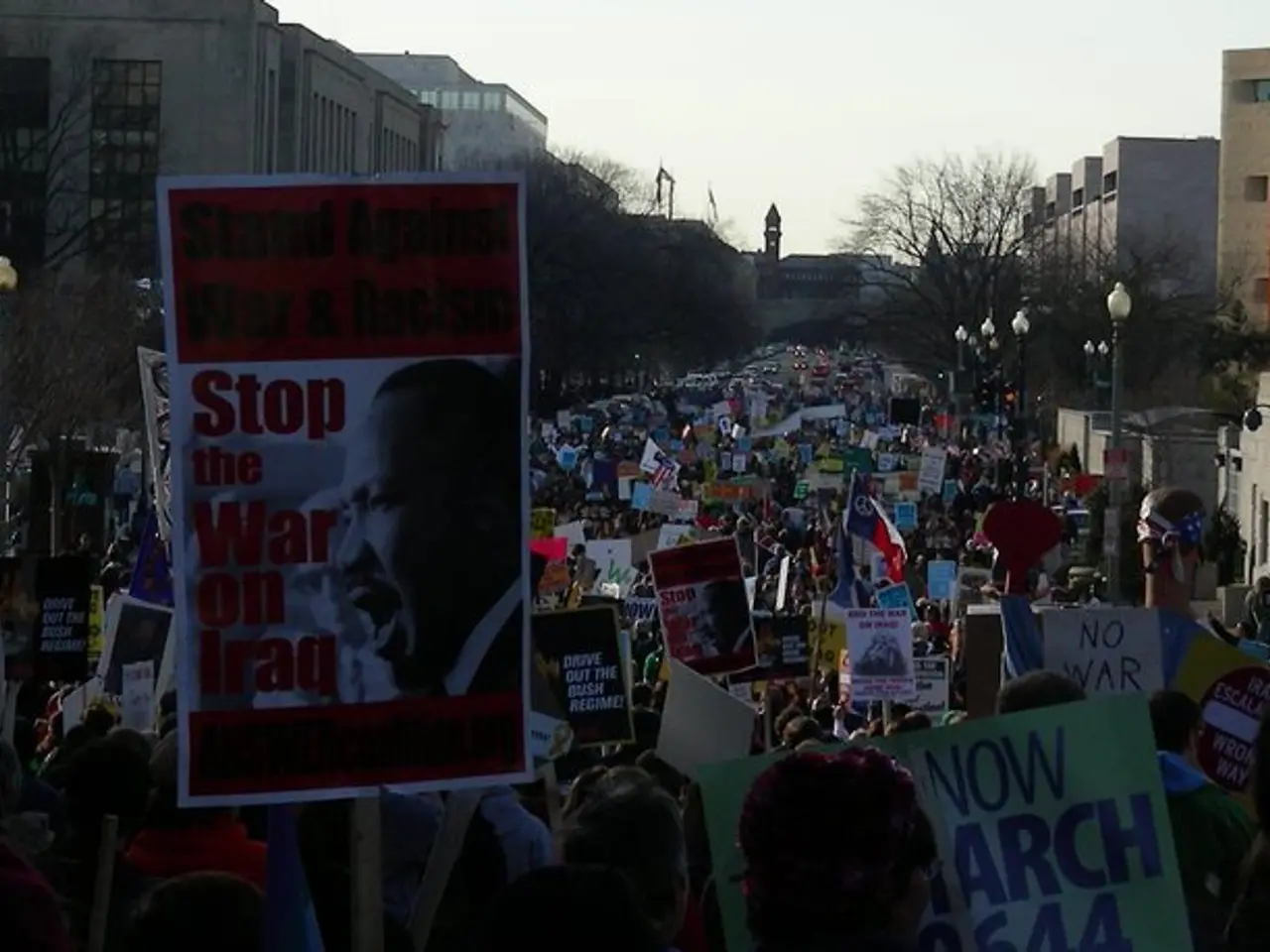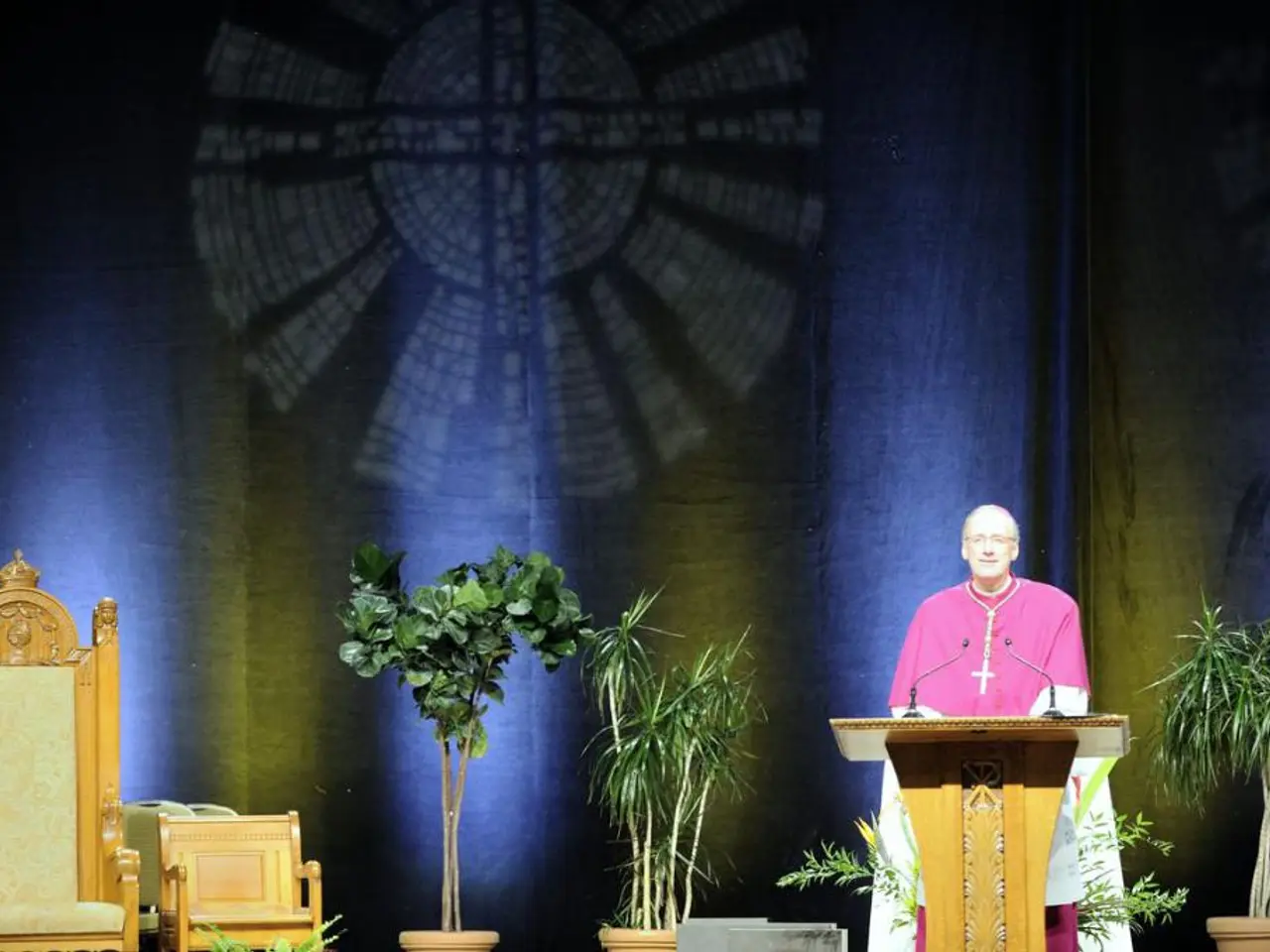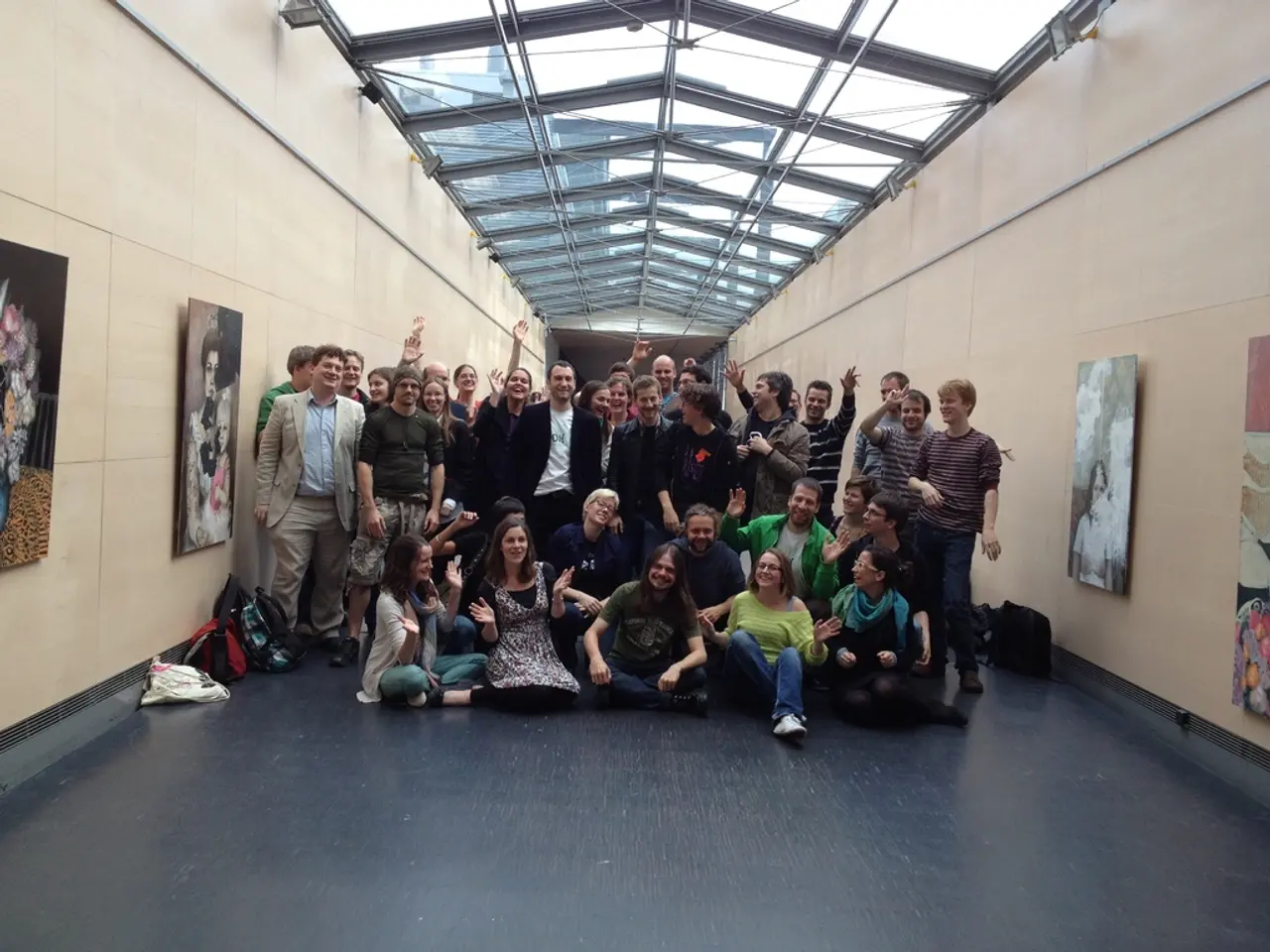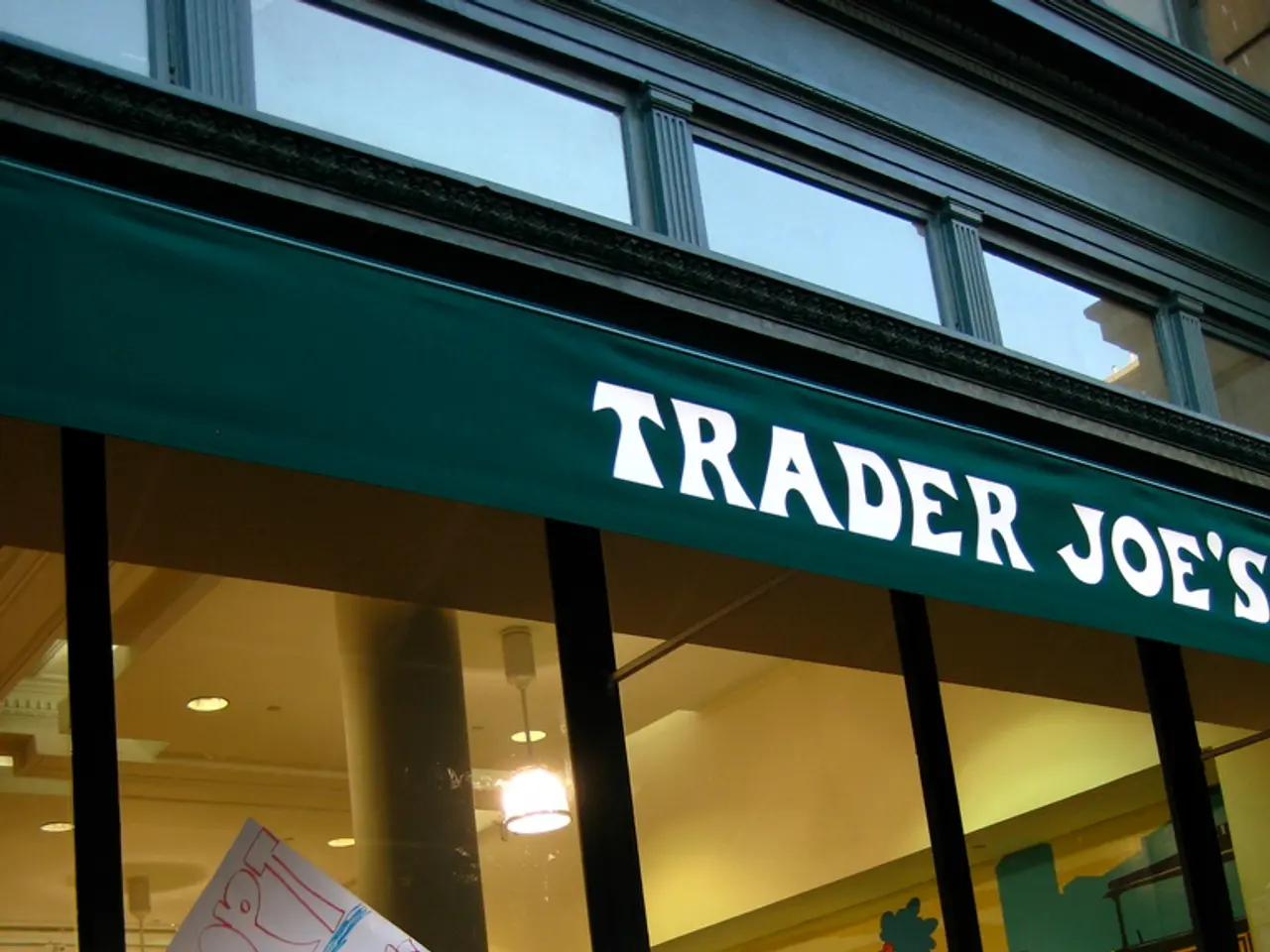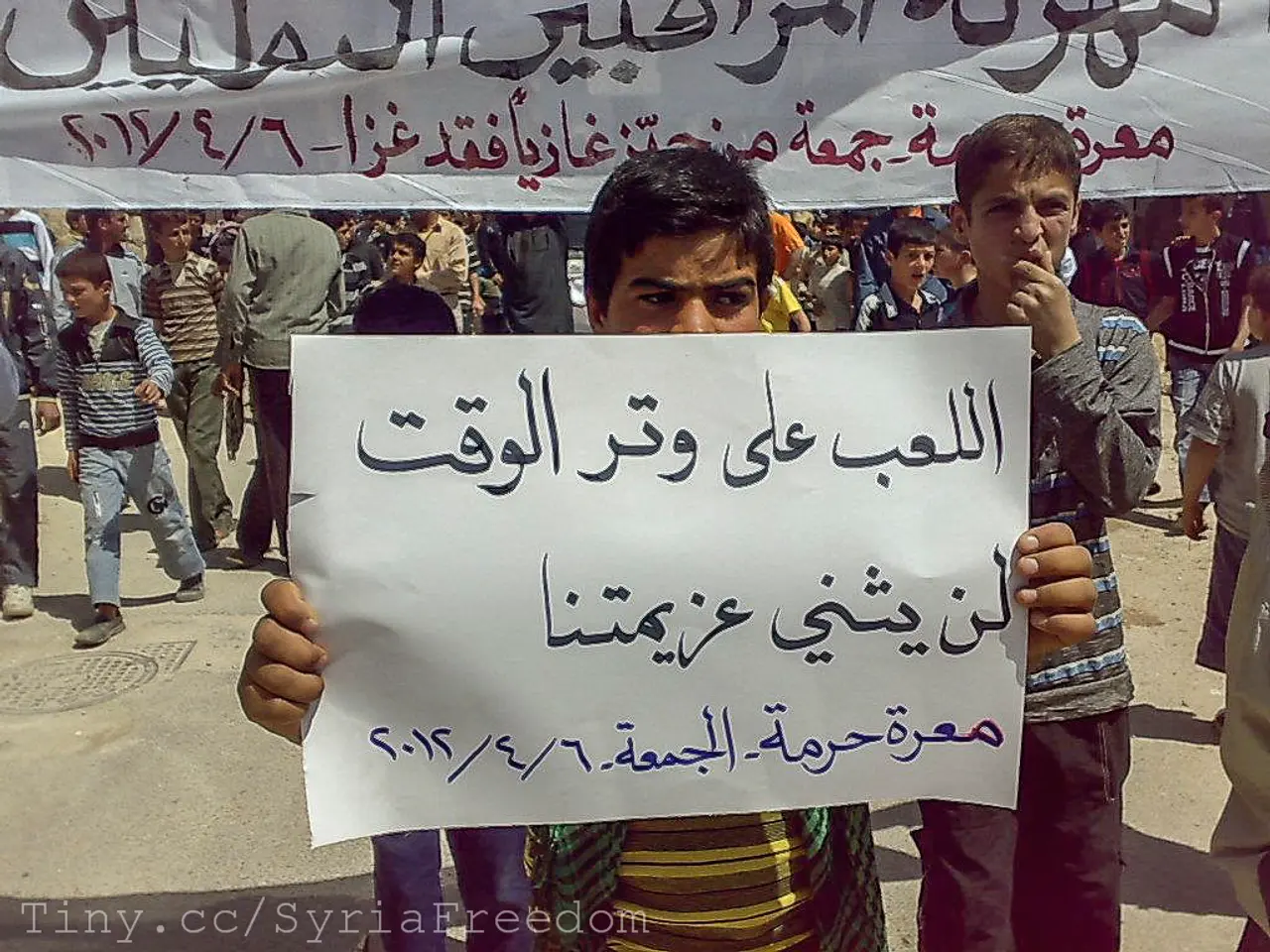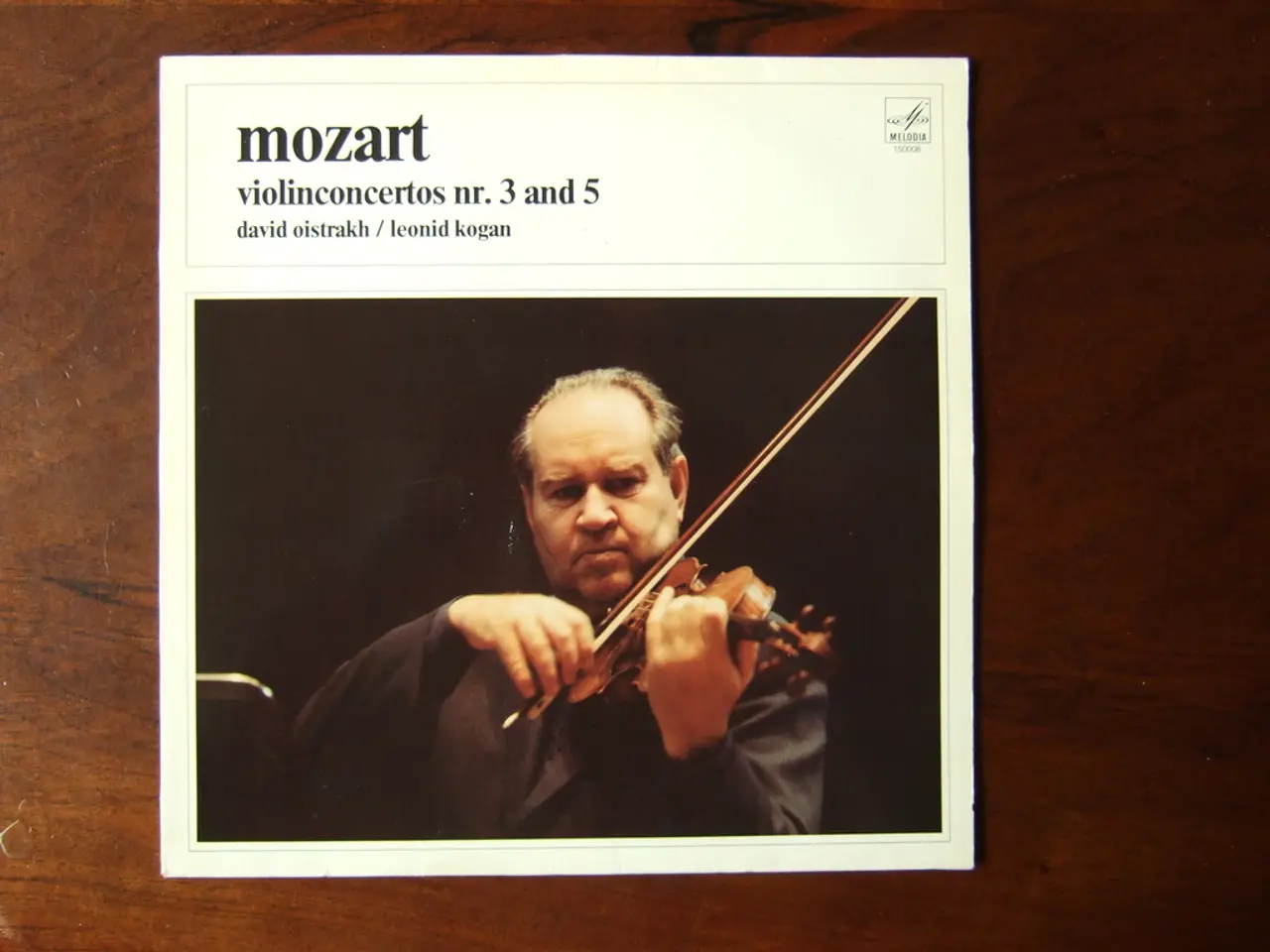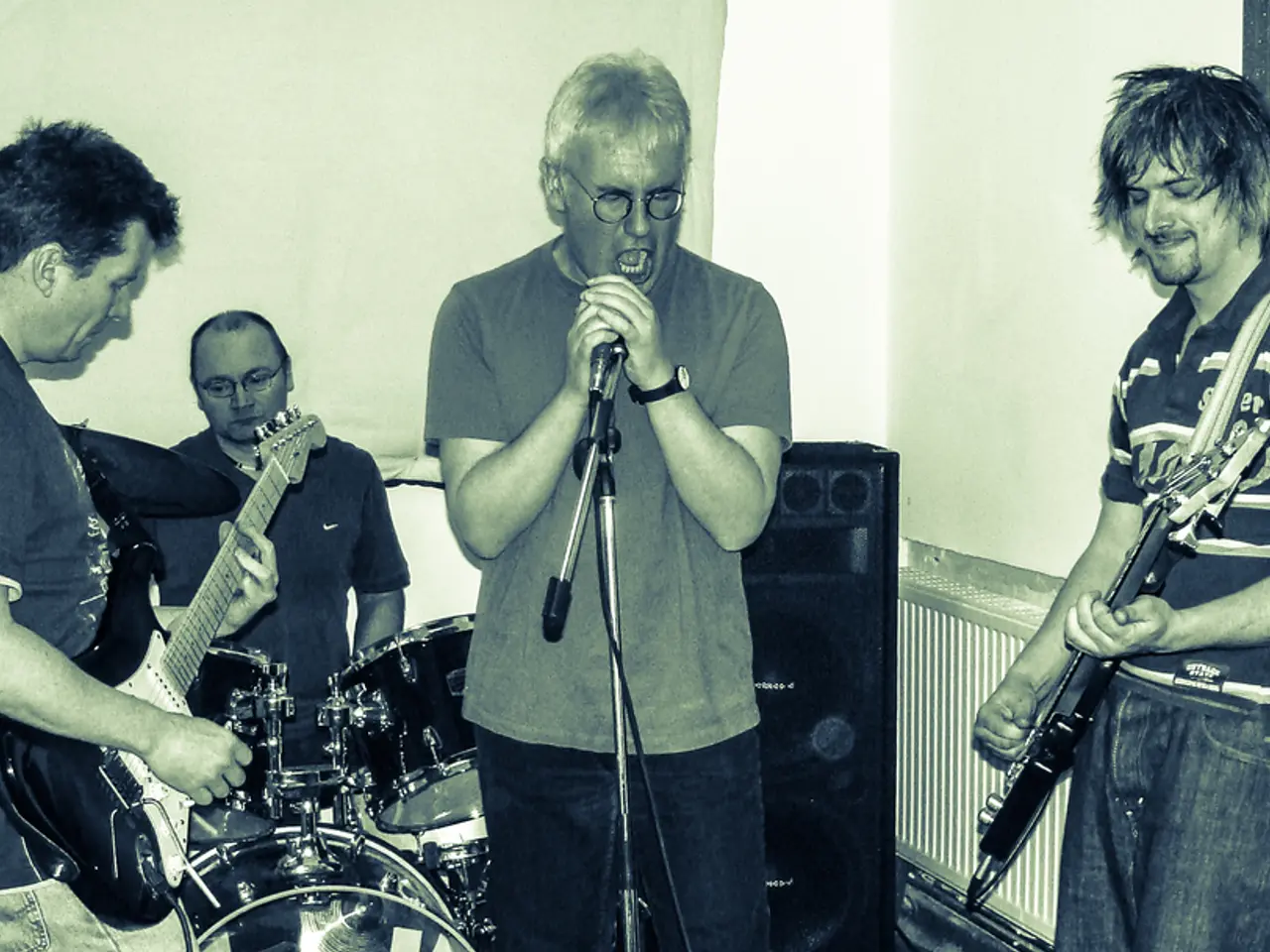Civil Unrest of 2024 - Accounts from Eyewitnesses
The 2024 Southport riots, sparked by false online claims and fuelled by far-right groups, had a profound and lasting impact on Muslim communities across England and Northern Ireland. The unrest, which began with the murder of three young girls in Southport, quickly escalated into widespread anti-Muslim and anti-immigrant violence.
The riots, which broke out on 30 July 2024, were initially catalysed by misinformation spread online that the killer was a recently arrived Muslim immigrant. However, police later confirmed that the attacker, 17-year-old Axel Rudakubana, was born in the UK to a Christian family of Rwandan heritage. Despite this, anti-Muslim and anti-immigrant violence continued to spread across England and Northern Ireland for the next week.
Muslim communities faced continued hostility after the riots, with mosques and Islamic centres in various cities, including London, Luton, Aberdeen, Sheffield, and Belfast, vandalised. Attacks on Muslim graves also occurred, creating an atmosphere of fear and insecurity within Muslim populations. This backlash disrupted community cohesion and normal religious practices, causing significant emotional distress for families and children.
The riots exposed and arguably worsened the political and social narratives around immigration and asylum seekers. Far-right groups spread misinformation and provoked unrest, while the government responded with a tough-on-crime approach, focusing on law enforcement rather than addressing systemic issues of racism and Islamophobia.
The waves of hatred and violence reflected broader tensions related to demographic changes and economic pressures, which far-right and nationalist groups exploited to foment division. In Northern Ireland, local political and sectarian dynamics intersected with the unrest, exacerbating the situation.
In Rotherham, Bilal Olama, seeking asylum in the town, shared his experience of safety concerns during the riots but now feels safe in Rotherham. However, Annie Sabah, another Rotherham resident, still feels a sense of fear in people a year after the riots, and Mona Fadul, a resident, initially considered moving to another country but has since decided that things have improved and she feels safer.
Community leaders, such as Amina Atiq, a poet, activist, and community arts worker in Liverpool, emphasised the importance of education in addressing the issues caused by the riots. She expressed concern about the safety of the children involved in the attack and was frustrated that the Muslim community was being asked to apologise for the actions of an individual.
Imam Adam Kelwick, from the Quilliam mosque in Liverpool, was watching the news when the story broke about the attack in Southport. He discussed the importance of patience and positivity in dealing with ignorance and hate spread during the riots.
Ibrahim Hussein, who leads a group at Southport Mosque and Cultural Centre, expressed that the Southport murders were unfathomable and that it was too much to take for the Muslim community. However, he shared that the community came together to repair the Southport Mosque after the riots, with local businesses providing materials for the repairs.
Abrar Javid from the Rotherham Muslim Community Forum believes that the country's leadership has not done enough to bring communities together or heal the divisions caused by the riots. Ayyan Nomani, president of the Islamic Society at Queen's University Belfast, believes that the social media accounts that spread misinformation about the Southport attacker being an illegal immigrant and a Muslim are at the core of what happened.
In summary, the 2024 Southport riots led to a sustained increase in anti-Muslim hostility and violence, undermining Muslim community safety and cohesion across England and Northern Ireland. The event marked a disturbing peak in racially motivated disorder in the UK and highlighted persistent challenges around immigration, misinformation, and identity politics that continue to affect Muslim communities to this day.
References:
- BBC News (2024). Southport riots: Muslim communities targeted in hate crimes. [online] Available at: https://www.bbc.co.uk/news/uk-england-merseyside-50842107
- The Guardian (2024). Southport riots: how the far right exploited the tragedy. [online] Available at: https://www.theguardian.com/uk-news/2024/aug/06/southport-riots-how-the-far-right-exploited-the-tragedy
- The Independent (2024). Southport riots: the lasting impact on Muslim communities. [online] Available at: https://www.independent.co.uk/news/uk/home-news/southport-riots-muslim-communities-impact-b1860938.html
The ongoing wave of anti-Muslim violence, fueled by the 2024 Southport riots, raises concerns in areas such as politics, general-news, and crime-and-justice. The riots, involving widespread attacks on Muslim communities, led to the vandalization of mosques and Islamic centres, and disruption of community cohesion and normal religious practices.
Far-right groups, who capitalized on the misinformation spread online about the attacker's identity, continue to exploit tensions related to immigration and asylum seekers. The government, with a tough-on-crime approach, focuses on law enforcement rather than addressing systemic issues of racism and Islamophobia, creating a lingering sense of fear and insecurity within Muslim populations.
